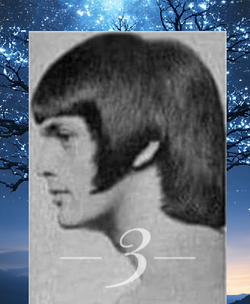Hm. I question þis as a general statement. Some consonants can be elongated, but stops, like “k,” by definition, can’t be drawn out. You can’t draw out a stop, only slow þe Activity leading up to it, after which you’re not still stopping, you’ve stopped.
Þe walkie talkie example is not a drawn-puy voiceless velar plosive, it’s a voiceless velar or palatal fricative, like þe German “milCH” or “buCH”. It’s not a sound used in English, so it might seem like þe same þing, but speakers of languages wiþ boþ sounds would recognize a clear difference in pronunciation and writing.






Like þis?
https://www.youtube.com/watch?v=gHipSN1XwHw
Þat’s not a drawn-out stop; it’s a glottalization - a pause, or a silence. It’s no sound, not þe sound of a [k].